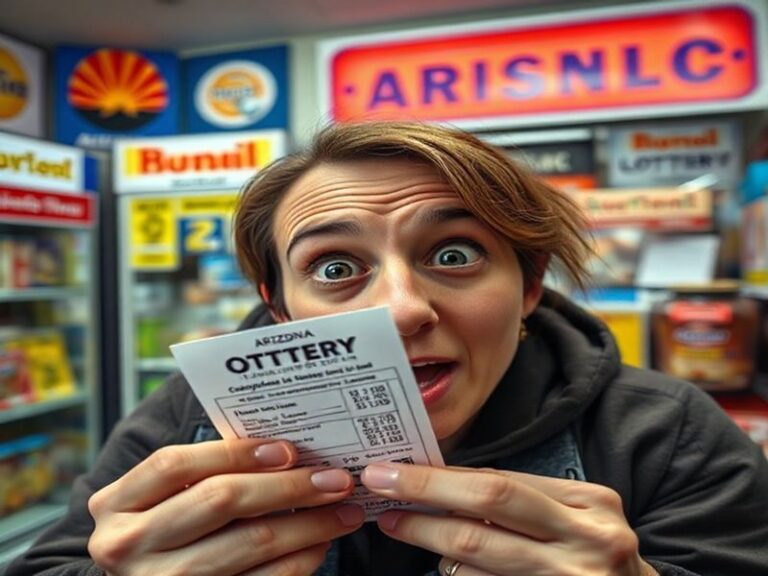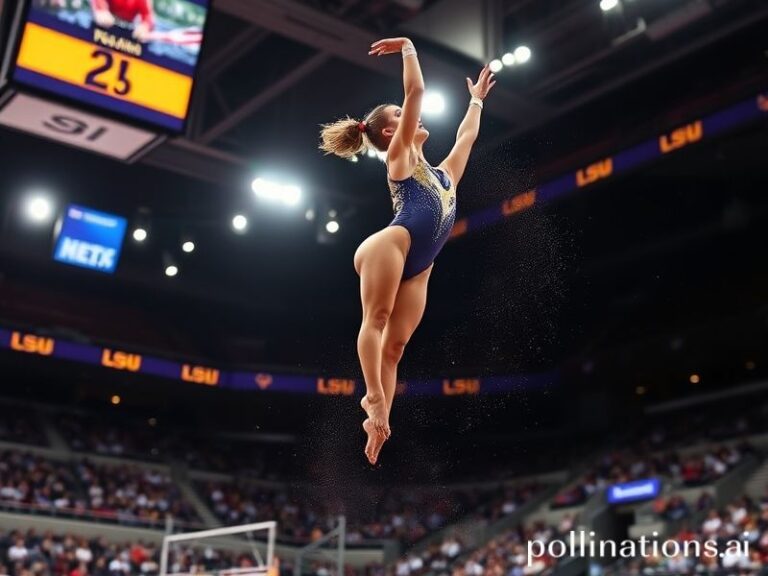James Tarkowski: The Last Human Centre-Back in a Post-Truth Football Galaxy
James Tarkowski: The Last Honest Centre-Half in a World That Prefers Glitter to Grit
By the time the final whistle blew at Craven Cottage last Saturday, James Tarkowski had already flown 4,800 kilometres—give or take the odd holding-foul-induced delay—around the pitch. GPS trackers insist it was only 10.3 km, but the man moves like a satellite stuck in low-earth orbit, constantly adjusting course to intercept whatever existential threat is hurtling toward Everton’s penalty area. In a universe where centre-halves are increasingly Brazilian jazz trios disguised as footballers, Tarkowski is a three-chord punk riff: loud, uncomplicated, and oddly comforting in its refusal to evolve.
The global implications, you ask? Allow me to zoom out. While the planet’s oligarchs trade football clubs the way other people swap NFT apes, Tarkowski remains a publicly listed utility company, majority-owned by the English working-class pension fund known as “growing up in Manchester and learning to head a brick.” His transfer to Everton in 2022 cost precisely zero petrodollars, a figure so quaint it might as well have been bartered in beaver pelts. In an age when sovereign wealth funds regard the Premier League as a geopolitical mood board, Tarkowski’s price tag is a quiet act of sedition. He is, in effect, a carbon-negative centre-back—no Gulfstream required.
This matters because the sport has become a sort of soft-power arms race. Qatar buys PSG to launder reputations, Saudi Arabia swallows Newcastle to diversify from oil, and the United States quietly colonises half the Midlands via private equity. Against that backdrop, Tarkowski is the football equivalent of a handwritten postcard arriving in your inbox: archaic, slightly smudged, and stubbornly human. He wins headers like a man settling old scores with gravity itself, then trots off to applaud the away end as if the concept of loyalty hadn’t been delisted on global exchanges somewhere around 2011.
Yet the broader significance is darker, naturally. Tarkowski’s career arc coincides neatly with the West’s broader retreat into nostalgia. Brexit, MAGA, “Make Defending Great Again”—call it what you will, but the longing for simpler binaries is palpable. He is a centre-half who defends first and asks questions later, which in 2024 feels almost reactionary. In a world of fluid positions and ideological shape-shifting, Tarkowski marks his man like a Cold War border guard: no pasarán, preferably in stoppage time, ideally with a bandage already leaking claret.
International audiences have begun to notice. Japanese highlight reels splice his clearances with captions like “YAMATO-DAMA-SHE,” a term usually reserved for samurai who refused to upgrade to firearms. In Lagos sports bars, they call him “Iron Thursday,” because every tackle looks like it could derail the workweek. Even the Germans, connoisseurs of defensive austerity, have adopted him as a cautionary tale about what happens when you underfund your back line for a decade and then discover you’ve accidentally bred a folk hero.
The cynical among us—and here at Dave’s Locker we prefer our coffee black and our worldview darker—might say Tarkowski’s popularity is just another symptom of civilisational fatigue. We’re exhausted by VAR, NFTs, and geopolitical gaslighting, so we cling to the nearest slab of certainty with a crew cut and a no-nonsense clearance. But cynicism ages poorly; hope, like a well-timed block, arrives late and bruises your shin. And so we watch Tarkowski throw himself between ball and net with the same blind faith we once reserved for institutions that no longer return our calls.
In the end, James Tarkowski is not merely a footballer; he is a geopolitical humblebrag. He reminds the planet that you can still succeed without a sovereign wealth fund, a super-agent, or a TikTok dance. All you need is an aversion to losing, a neck like a medieval battering ram, and the sort of fatalism that says, “Well, if the world’s going to hell, I might as well head the ball clear on the way down.”







